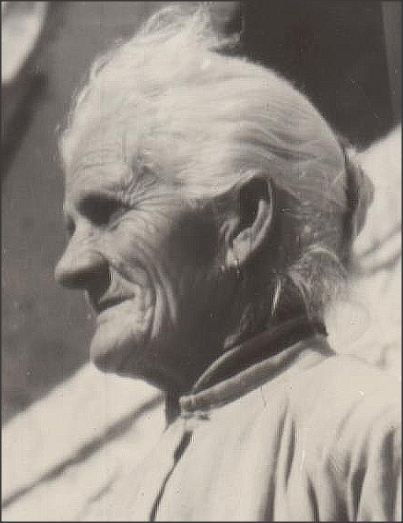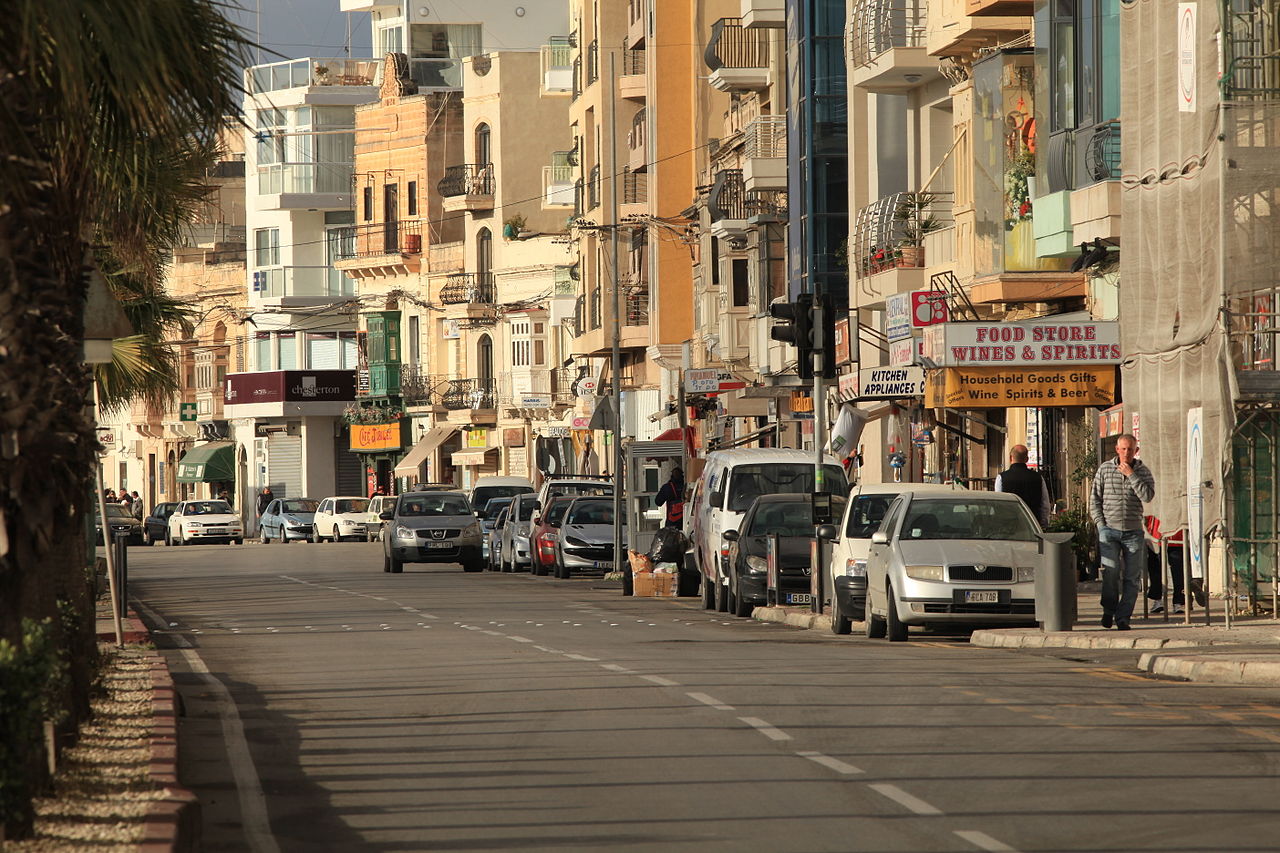On the streets of Malta there is genuine fury, through the pages of Facebook there is indignation and anger. At the offices of RAI there are copious amounts of egg on a great many faces. Emotions are running high in the Mediterranean as it looks like a huge rather ugly bubble is about to burst in the faces of the Italians.
Italy, it seems, has slapped Malta in the face for no reason, with no warning and the Maltese are livid.
Such a claim by a nearby state (or any other country) – an alleged ‘friend’ is quite outrageous and made even worse by the fiery temperament that prevails in these European nations where hell hath no fury like that of this Mediterranean nation who have literally hit the roof over such a claim.
From an outsider’s (indeed from a broadcasting point of view) it is clear that the Italian state broadcaster feels that it is beyond the touch of international broadcasting law or indeed that of recognised laws of slander and libel. RAI has clearly overstepped the mark by allowing the transmission of this discgraceful editorial.
It is now down to a strong and positive Maltese government to take decisive, clear-cut and professional action against the Italians.
If the Malta government does not take such action it will be seen to be “sitting on its hands” in the apparent hope that this whole stupid matter blows over. From a professional point of view there is no question that the Malta government should first hand complain directly to the Italian broadcasting regulator. The complaint should include confirmed further action that Malta’s government will also report the matter to the European Broadcasting Union. But alas the world of broadcasting in Malta is daubed with a patchy and rather dramatic history of its own. But here at last is an opportunity for the Maltese to put on their professional boots and to kick the Italians where it hurts as hard as possible – in their ego.
This comes at a time when the Maltese are nervous of the current instability across the Mediterranean following the situation in Libya. The government in Valletta are determined to show the world that its “business as usual” especially in regards to tourism, inward investment and business. And whilst it really is “business as usual” Malta should take every possible opportunity to show the European Union and indeed the world that small is beautiful and it will not be trodden on from any direction and by any means.
With a population of just over 404,000 Malta could well be described in this case as the “mouse that roared”. I hope that in the Malta government and the people of Malta particularly take advantage of these appalling and disgraceful accusations and turn this bizarre news to their huge advantage.
Malta Independent Online (report here)
Malta refutes Rai claims that migrants are shot at
Malta’s Ambassador to Italy, Walter Balzan, yesterday intervened during the popular discussion programme L’Arena, broadcast on Rai Uno, as he vehemently denied claims raised by presenter Massimo Giletti, who remarked during the show that Malta is known to shoot at migrants as they arrive in Malta.
According to Mr Giletti, this is the main reason why scores of migrants who flee from North Africa arrive on the Italian island of Lampedusa rather than Malta.
A Foreign Affairs spokesman said that, after hearing Mr Giletti’s comments, Mr Balzan, who has been Malta’s Ambassador to Italy for the past three and a half years, frantically phoned the programme to deny these claims. The spokesman added that Luigi Marras, the Italian Ambassador to Malta, had also called to protest about what was being said. The Armed Forces of Malta also issued a statement to deny the claims and said that no vessel was ever refused assistance.
Foreign Minister Tonio Borg had also made contact with Ambassador Marras to deny what was being said.
Mr Balzan insisted that, when it comes to the Search and Rescue (SAR) operations of stranded migrants, Malta has always acted according to international law.
He added that he did not have any information that in the past Malta had prevented entry to a ship carrying migrants, including a woman who had just given birth, as had also been claimed during the programme.
Attempting to clarify his earlier statements, Mr Giletti later said that he did not mean to say that Malta has been known to shoot at migrants, but implied that his comments were a “misunderstanding”, but reiterated that it remained unknown why migrants tend to arrive on Lampedusa rather than Malta.
Since the ousting of former Tunisian president Zine El Abidine Ben Ali in mid-January, more than 15,000 migrants have landed on Lampedusa as the political instability in the Maghreb region continues to spread.
According to foreign news agencies, a boat carrying Eritrean, Ethiopian and Somali migrants was diverted to Linosa, an even smaller Italian island off Sicily, yesterday morning, because Lampedusa authorities say they cannot handle any more.
Italian authorities are using naval vessels to ferry many to detention centres on the Italian mainland.
Doctors in Lampedusa said an Ethiopian migrant on the boat gave birth at sea. On arriving in Linosa, the mother and child were flown by helicopter to Lampedusa.
Italian authorities have been on record to say that Tunisians ineligible for political asylum will be deported.
Italy, however, often grants asylum to refugees from Horn of Africa countries, including those from Somalia and Eritrea.
Between 2007 and 2009, Malta regularly complained at an EU level about the strain the influx of migrants who arrive on boats was putting on the island.
Although migrant arrivals since then have been few and far between, fears are widespread that the unrest in North Africa could once again see a surge in migrants arriving in Malta on boats.
According to the latest figures from the Justice and Home Affairs Ministry, there are 670 migrants living in the Marsa open centre, while 1,157 other migrants reside at the Hal Far open centre, which is mainly a converted aircraft hangar and some tents. The majority of migrants have come to Malta illegally, desperately fleeing from African countries torn by civil war.




